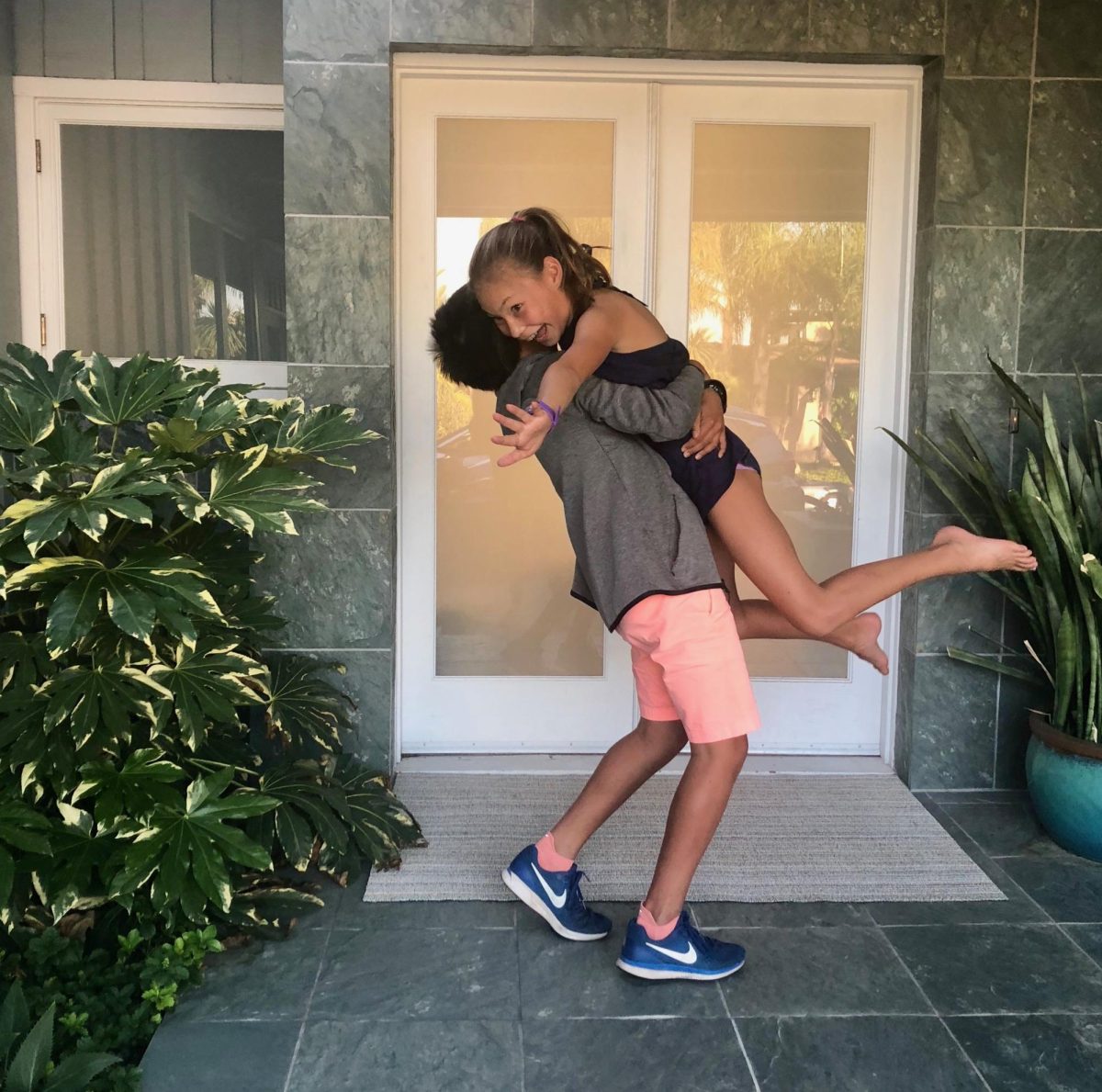
When the wheels of the plane touched down on the runway in Costa Rica, I was excited finally to put my Spanish speaking skills I’d acquired at Marlborough over the past three years to good use. I walked off the plane and started looking around for some clues as to where I needed to go when a man came up to me and, in Spanish, asked me if I needed help. So, in Spanish I responded, “si.” But then he began to ramble, and all the directions he gave sounded unfamiliar. I was overwhelmed.
In that moment, I realized for the first time that I had never had a Spanish class in which the teacher only taught in Spanish. I grew frustrated that I had spent three years learning where to put the accent over the letter e and conjugating verbs into the subjunctive form but never learned how to have a fluid conversation with someone. I realized then that although it’s important to know grammar, if I wanted to be able to engage in a conversation in Spanish, I needed to be more immersed in the language.
My wish was granted this year as I walked into my Spanish III class to find the teacher beginning each class with questions that spark a conversation in Spanish. I have found this way of teaching more helpful and engaging than listening to lectures about grammar points and completing workbook exercises. I only wish that the Marlborough language program started doing this right at the beginning of my Spanish education. I believe it is crucial to immerse ourselves in the culture and language that we are learning to improve our conversational skills and lead us to fluency in a second language.
There was an experiment done at Georgetown University where researchers came up with a language that dealt with pieces and moves in a computer game. Volunteers were to play the game so that they could learn the language. Participants in the study were split into two groups. One group studied the language in the classroom, while the other learned through the technique of immersion. After five months of learning, both groups retained the information even though the group that worked in the classroom really learned the information textbook style. This experiment suggests that learning through immersion is just as effective, if not more effective, than learning a language in a classroom.
I believe it would be much more beneficial and effective if all language teachers focused more on helping us develop our speaking skills rather than having grammar tests every week and penalizing us for putting the e accent on the wrong letter.








